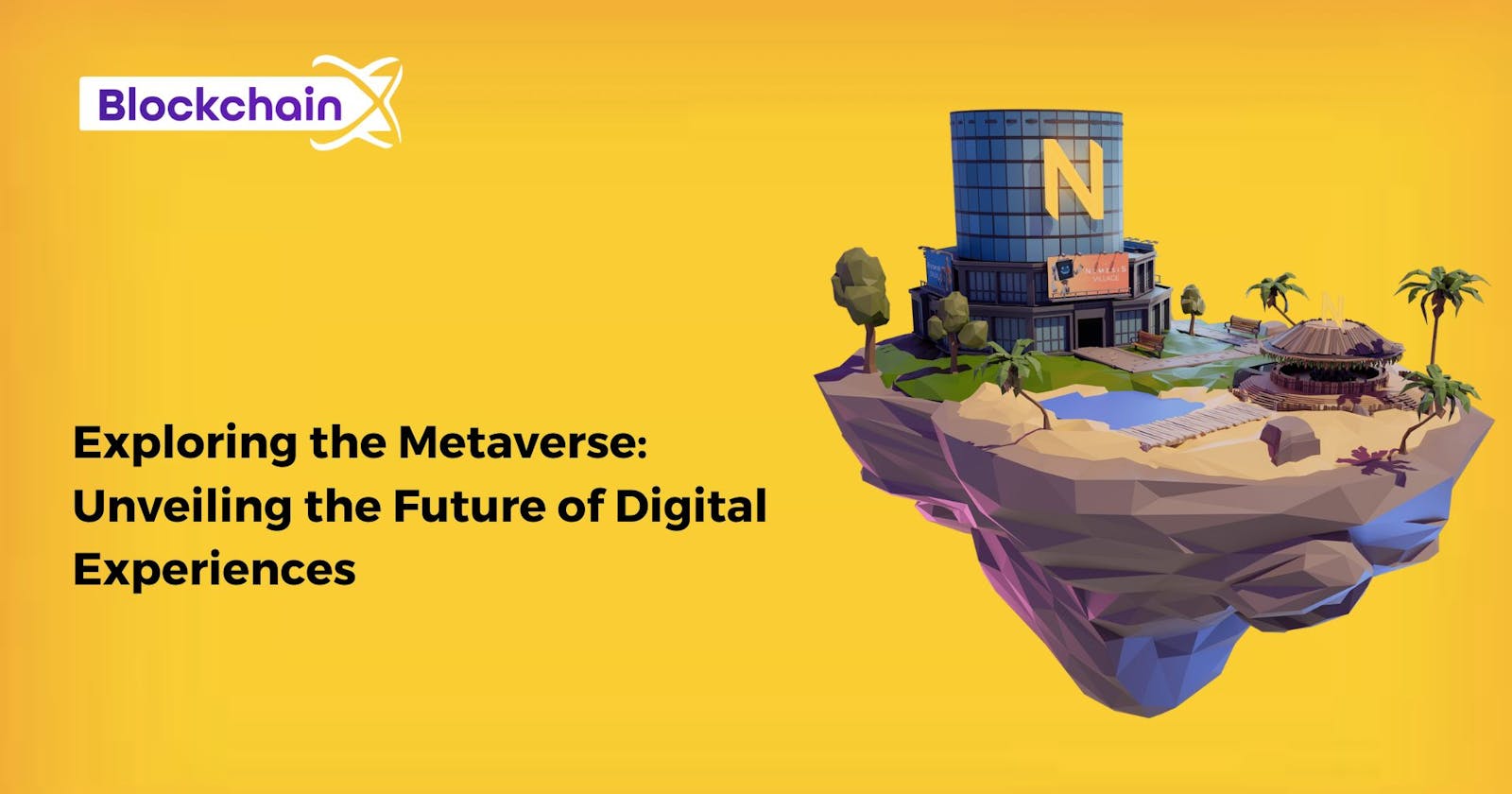Introduction
The concept of the metaverse has gained significant attention in recent years as a vision of a fully immersive and interconnected virtual world. It represents a paradigm shift in the way we interact with digital environments, offering endless possibilities for entertainment, communication, commerce, and beyond. This article delves into the development of the metaverse, exploring its potential, challenges, and implications for various industries.
Defining the Metaverse
The metaverse is a term that refers to a collective virtual shared space that encompasses augmented reality (AR), virtual reality (VR), and the internet. It can be understood as a vast interconnected network of digital environments,benefits of the metaverse where users can interact with each other and with digital objects in real-time.
Unlike traditional virtual reality experiences that are often isolated and individual, the metaverse aims to create a persistent and immersive universe that transcends individual platforms and experiences. It is envisioned as a seamless and continuous space where users can seamlessly navigate from one virtual environment to another, regardless of the devices or platforms they are using.
In the metaverse, users have the ability to create, explore, and interact with digital content and other users in a highly interactive and dynamic manner. It goes beyond passive consumption of media and allows for active participation and collaboration. Users can socialize, engage in activities, conduct business transactions, attend virtual events, and even build and design their own virtual spaces or objects.
One of the key aspects of the metaverse is its sense of persistence. Unlike temporary virtual experiences, the metaverse is designed to be constantly evolving and growing. It creates a sense of continuity and long-term engagement, where actions and events in one part of the metaverse can have ripple effects in other areas.
Furthermore, the metaverse is not limited to a single company or platform. It is a decentralized and open ecosystem that encourages interoperability and collaboration among different technologies, platforms, and content creators. This openness allows for innovation and the development of a diverse range of experiences, applications, and services within the metaverse.
Overall, the metaverse represents a vision of a fully immersive, interconnected, and interactive digital world that transcends the boundaries of traditional virtual experiences. It holds the potential to revolutionize various industries, redefine social interactions, and create new opportunities for creativity, collaboration, and entertainment.metaverse benefits,
To comprehend the metaverse's development, we must first define it. The metaverse is a collective virtual shared space that encompasses augmented reality (AR), virtual reality (VR), and the internet. It goes beyond individual experiences by creating a persistent, interconnected universe where users can interact with each other and with digital objects in real-time.
Technological Foundations
The development of the metaverse relies on several technological foundations. These include advancements in VR and AR hardware, haptic feedback systems, natural language processing, computer vision, and artificial intelligence. Companies such as Facebook (Meta), Microsoft, and Epic Games are investing heavily in research and development to drive these technologies forward.
Enabling Infrastructure
Creating a seamless metaverse experience necessitates robust infrastructure. High-speed internet connectivity, low-latency networks, and cloud computing play crucial roles in delivering real-time interactions and rendering immersive environments. The emergence of 5G technology is poised to accelerate metaverse development by enabling faster data transmission and reducing latency.
Industry Implications
The metaverse has far-reaching implications across various industries. In gaming, it offers immersive multiplayer experiences, virtual economies, and user-generated content. It also impacts entertainment, enabling interactive storytelling and live events that transcend physical boundaries. Education and training stand to benefit from the metaverse's potential for immersive learning environments and skill development simulations. Moreover, the metaverse can revolutionize e-commerce by enabling virtual storefronts, personalized shopping experiences, and virtual try-on capabilities.
Challenges and Considerations
While the metaverse promises tremendous potential, it faces several challenges. Privacy and security concerns arise as users immerse themselves in a digital universe. Ethical considerations regarding content moderation and preventing online harassment must also be addressed. Additionally, the metaverse must be inclusive and accessible to diverse populations, ensuring that it does not exacerbate existing inequalities.
The Social and Economic Impact
The development of the metaverse has significant social and economic implications. It has the potential to reshape social interactions, redefine workspaces, and blur the line between physical and digital realities. The metaverse could create new job opportunities in various fields, such as virtual architects, virtual fashion designers, and virtual experience creators. It may also redefine the concept of ownership, as virtual assets and digital currencies gain prominence.
Conclusion
The metaverse represents a transformative evolution in how we engage with digital environments. Its development requires advancements in technology, infrastructure, and thoughtful considerations of ethical, social, and economic implications. While challenges persist, the potential benefits across industries are immense. As we move forward, it is crucial to foster collaboration, inclusivity, and responsible development to ensure that the metaverse becomes a positive force in enhancing our lives and experiences in the digital realm.
